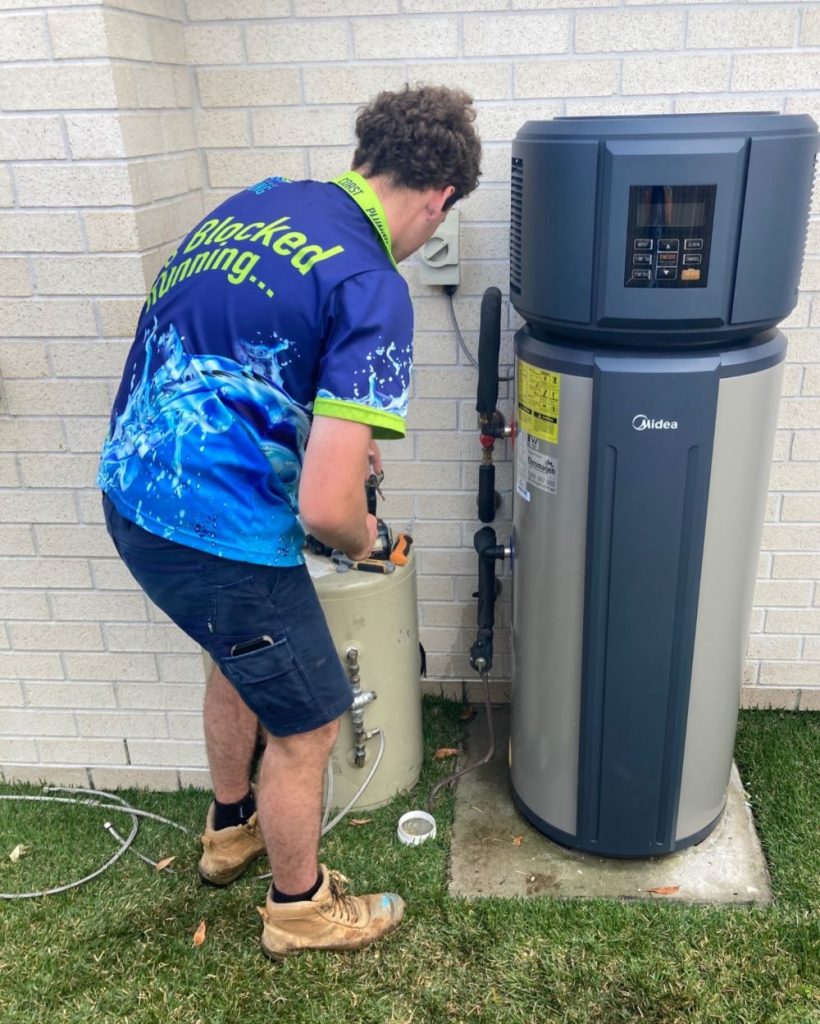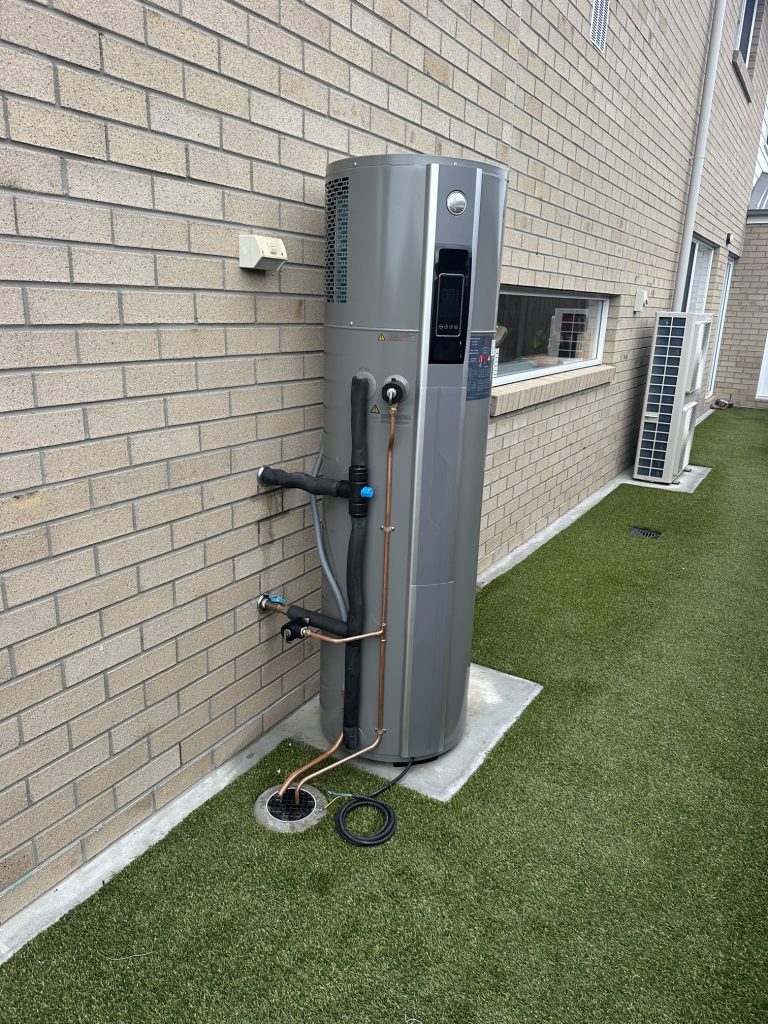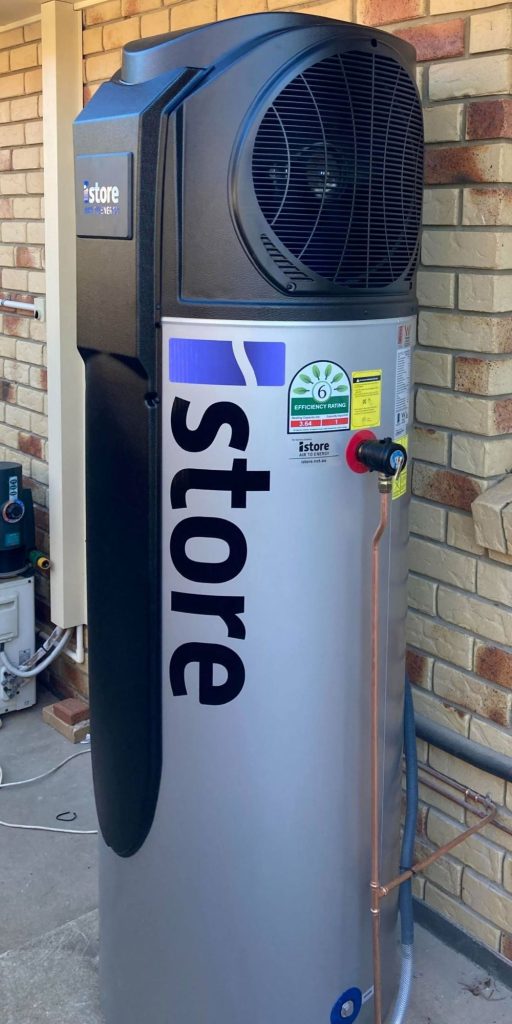Navigating the Complexities of Choosing the Right Hot Water Systems for Queensland’s Unique Climate
When it comes to uncovering the perfect hot water system for your residence in Queensland, the decision-making process extends far beyond merely selecting a well-known brand or assessing the water capacity. It demands a comprehensive evaluation of numerous factors, including the local climate, varying humidity levels, fluctuating electricity tariffs, and the daily water consumption of your household. With energy prices on the rise, many homeowners are considering heat pumps due to their energy efficiency and eco-friendly characteristics. However, it’s crucial to understand that these systems may not be universally applicable to all property types. Hence, a meticulous assessment of all pertinent variables is essential to ensure the optimal functionality and durability of your hot water system.
This article takes a deep dive into how heat pumps function within Queensland’s diverse weather patterns, determines which types of homes can fully leverage these innovative systems, and addresses common misconceptions that could lead to inadequate performance or misguided system selections.

Maximizing Heat Pump Efficiency in Queensland’s Coastal Environments
Heat pump water heaters operate by extracting thermal energy from the surrounding atmosphere. Their efficiency significantly improves as air temperatures increase. In coastal regions of Queensland, especially in popular locales such as the Sunshine Coast, Brisbane, and the Fraser Coast, average air temperatures often remain above 5°C, even during winter months. This consistent warmth allows heat pumps to function effectively throughout the year, eliminating the need for electric boosting or additional heating elements typically necessary in cooler climates. By capitalizing on this natural energy, homeowners can enjoy lower energy bills and a reduced carbon footprint.
Key Environmental Factors That Boost Heat Pump Performance in Queensland
| Factor | Impact on Heat Pump Functionality | Coastal QLD Efficiency |
|---|---|---|
| Average ambient temperature | Higher = more efficient operation | ✓ Consistently maintained above 5°C |
| Humidity levels | Moderate improvements | ✓ Generally high and stable |
| Access to off-peak electricity | Lower operational costs | ✓ Widely available in most regions |
| Roof shading | Not a significant factor | ✓ No detrimental impact on system |
| Direct sunlight exposure | Not a necessity | ✓ Functions well in shaded conditions |
Recognizing Situations Where Heat Pumps May Not Perform Optimally
Despite the multitude of advantages associated with heat pumps, there are particular situations in Queensland where their performance may not meet expectations:
- Inland or elevated areas
In locations like Toowoomba or the Hinterland, nighttime temperatures can significantly dip during the winter months. In these scenarios, certain models of heat pumps might struggle to maintain optimal efficiency without the assistance of a booster element, leading to higher energy consumption and costs. - Constrained or poorly ventilated outdoor locations
Heat pumps necessitate ample airflow around their compressor units to operate efficiently. In confined or enclosed settings, the effectiveness of heat extraction may diminish, and operational noise could escalate, potentially disturbing residents. - Large households with high water demand
For homes with more than six occupants, systems that are designed for increased water storage or quicker recovery times, such as solar-boosted gas solutions, may prove to be more advantageous for effectively meeting substantial hot water requirements.
Clarifying Common Misconceptions About Heat Pumps in Queensland
“They become ineffective during winter.”
This belief may hold true for colder southern regions; however, it is not applicable to Queensland. In regions where average temperatures consistently exceed 5°C, heat pumps maintain their efficiency throughout winter, providing reliable hot water solutions even during the cooler months.
“Solar panels are necessary for heat pumps to work.”
This assertion is misleading. While heat pumps can operate independently of solar photovoltaic (PV) systems, integrating them with solar energy can indeed enhance your energy savings and contribute positively to sustainability efforts.
“Heat pumps are excessively noisy and disruptive.”
Modern heat pump systems are engineered to operate much more quietly than their older counterparts. When installed correctly in well-ventilated spaces, the noise produced by the compressor unit is typically minimal, ensuring comfortable living conditions.
Proven Strategies for Optimizing Heat Pump Installation and Performance in Queensland
- Select a system purpose-built for Australian conditions
Opt for models that boast high-efficiency ratings and reliable local support, such as istore or Stiebel Eltron, which are well-regarded for their performance in the Australian climate. - Install in a well-ventilated yet shaded location
While heat pumps do not necessitate direct sunlight, they do require ample airflow around the unit to function efficiently and effectively. - Utilize timers or smart controls
By programming the system to operate during solar power generation times or off-peak electricity hours, you can significantly boost energy savings and minimize costs. - Ensure proper sizing of your system
A capacity of 250–300 litres is generally adequate for the needs of most households. An undersized system can lead to performance challenges and increased reliance on boosting mechanisms, resulting in higher energy consumption.
The Essential Role of Local Expertise in Achieving Successful Heat Pump Installations
The installation of a heat pump demands a customized approach to yield the best results. Optimal outcomes are achieved by collaborating with a local plumber who possesses specialized knowledge in:
- Performance tailored to local climate conditions, ensuring maximum efficiency
- Eligibility for rebates such as Small-scale Technology Certificates (STCs) and various Queensland government incentives designed to promote energy efficiency
- Optimal placement and ventilation strategies for the unit to enhance performance
- Integration with solar PV systems or battery storage solutions, if applicable, to maximize energy efficiency
At Creek to Coast Plumbing, we specialize in delivering and installing high-performance hot water systems, including heat pumps, across the Sunshine Coast and Moreton Bay regions. Our dedicated team is prepared to assist you in determining which type of hot water service will best fulfill your requirements. As the demand for energy-efficient hot water solutions continues to rise, many individuals are weighing solar options against heat pumps. We will assess the specific conditions of your home, recommend the most suitable system, and ensure you are equipped for maximum efficiency.
Discover more about our Heat Pump Hot Water Installations or contact us for a tailored recommendation that aligns with your specific needs.
The Article: Heat Pumps in Queensland: Effective Solutions and Pitfalls first appeared on https://writebuff.com
The Article Heat Pumps in Queensland: Benefits and Challenges Explained Was Found On https://limitsofstrategy.com
The Article Heat Pumps in Queensland: Exploring Advantages and Drawbacks First Appeared ON
: https://ad4sc.com


No responses yet